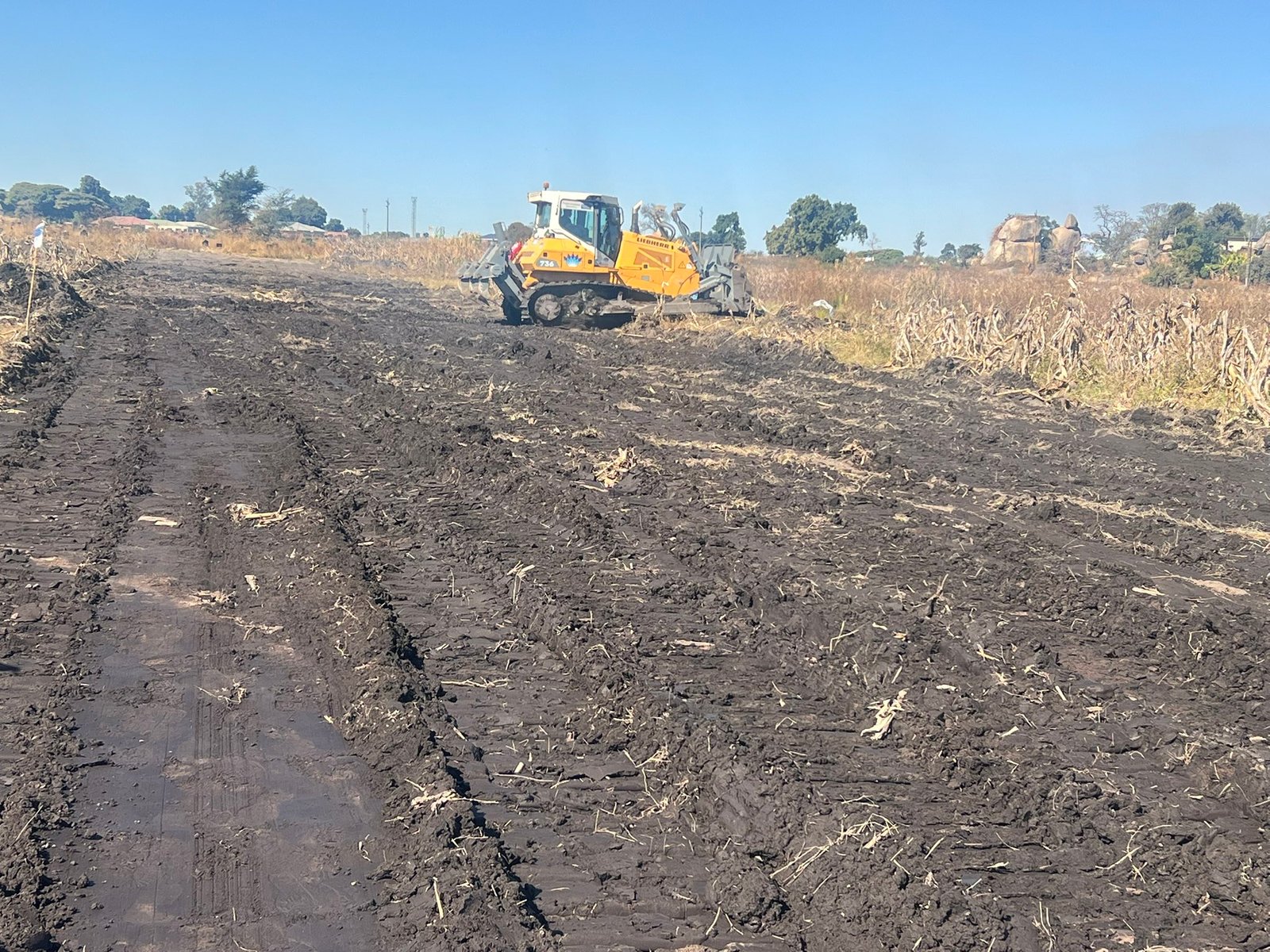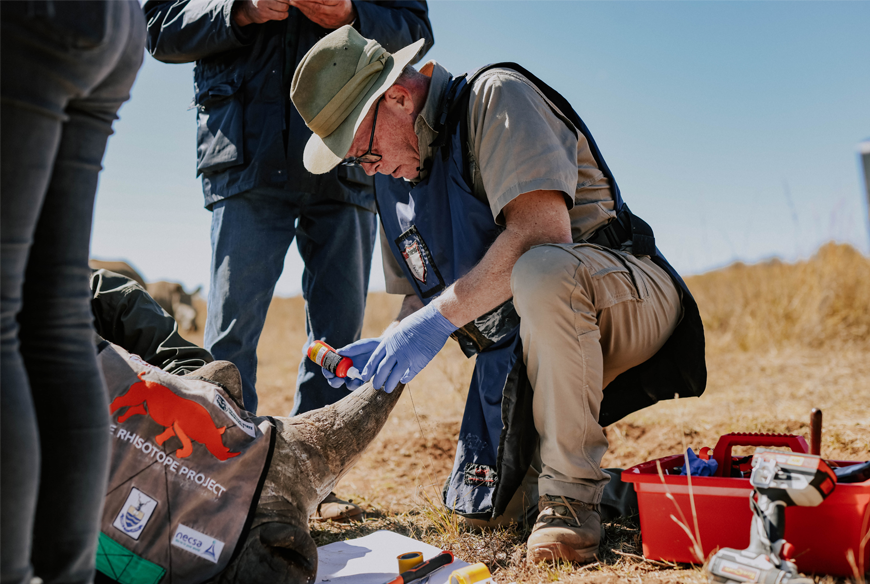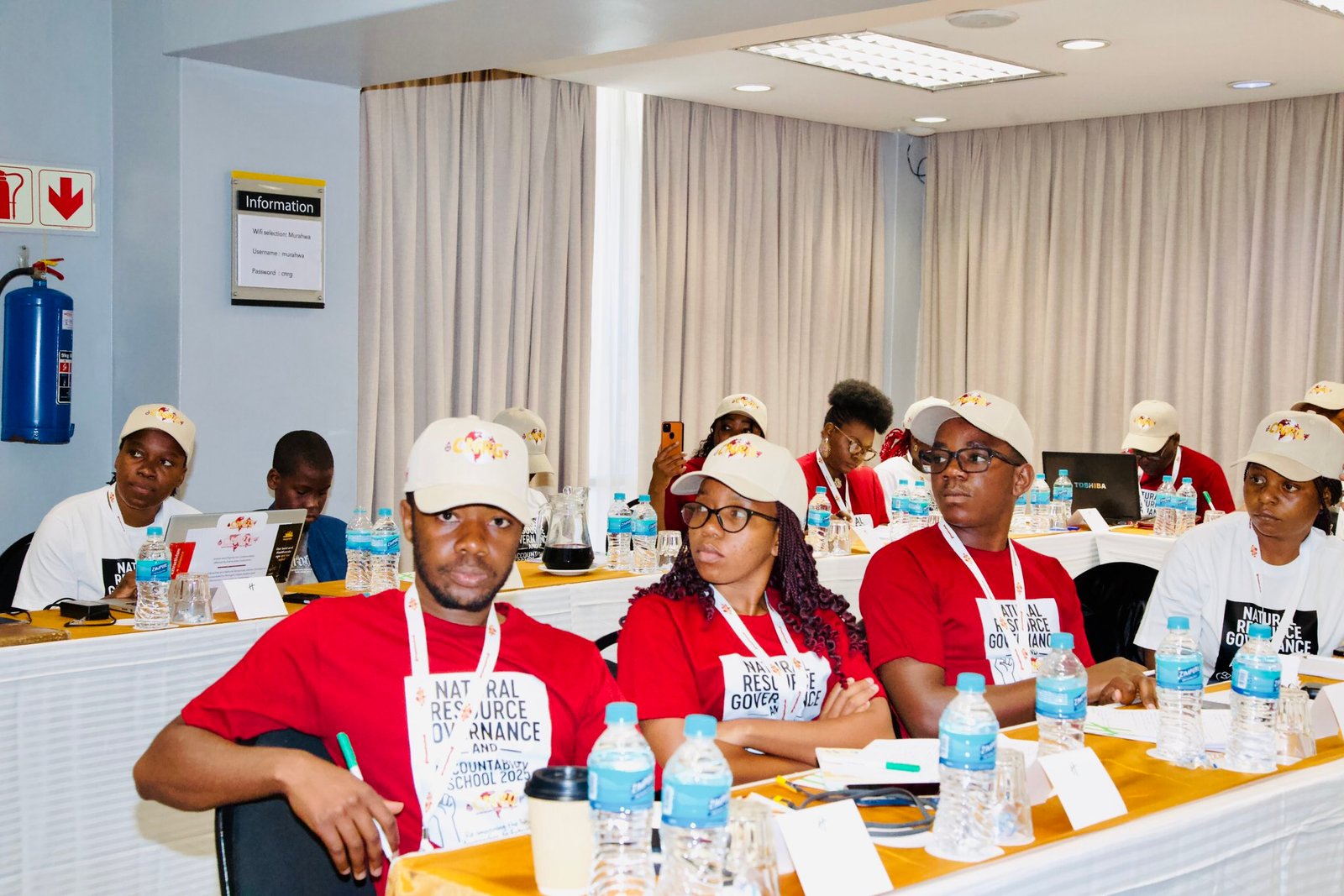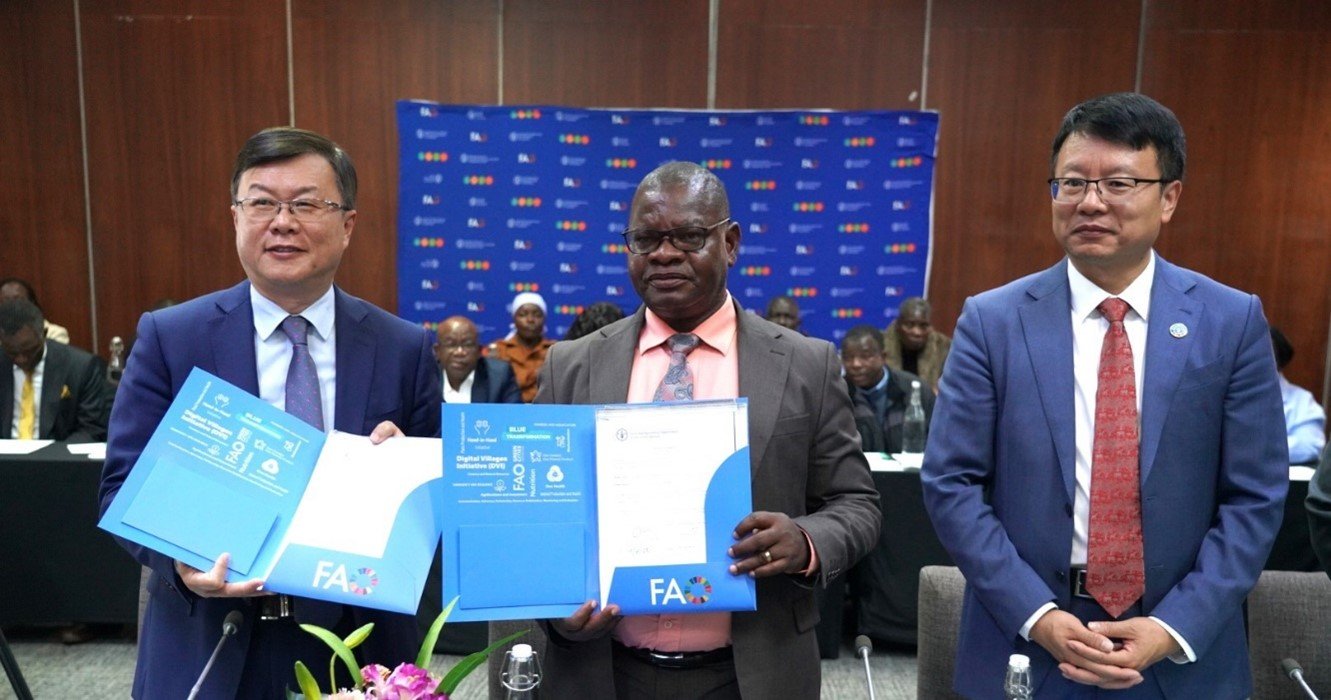Environment, Climate and Wildlife Minister, Dr Evelyn Ndlovu, has hailed the Utariri initiative as a model for grassroots development, highlighting the importance of local leadership and partnerships in advancing sustainable livelihoods across the Zambezi Valley.
Delivering the keynote address at the Utariri Day commemorations, held to showcase the transformative work of the Swedish-funded Utariri-Integrated Climate Change, Biodiversity and Livelihoods Programme, Dr Ndlovu praised the initiative for its role in strengthening community resilience and promoting inclusive development particularly Utariri’s focus on empowering women and girls.
“I would like to thank the Utariri for their integrated biodiversity, climate change and livelihood initiatives and programmes being rolled out which are giving communities hope. Our communities and local actors are best placed to identify and implement the solutions they need.”
“I would like to applaud Utariri for the initiatives specifically targeted at women and girls across the landscape,” she said.
The Minister applauded the programme’s collaboration with service providers such as the Zimbabwe Environmental Lawyers Association BIZ, Bushlife Africa Trust , My Trees Trust and many more saying their involvement demonstrated the value of strategic partnerships in promoting inclusive, community-led progress.
“Thank you Utariri for showing us what is possible when we all come together for the betterment of our country and our people in Zimbabwe,” she added.
Launched in 2022, Utariri has been instrumental in promoting community stewardship, building resilience, sustainable agriculture, and environmental conservation in Nyaminyami, Hurungwe, Mbire and Muzarabani.
Swedish ambassador to Zimbabwe, Per Lingarde praised the achievements of the climate resilience programme in the Zambezi Valley, marking the culmination of a three-year initiative supported by the Swedish government.
The ambassador highlighted Sweden’s long-standing partnership with Zimbabwe and reaffirmed his country’s commitment to supporting sustainable natural resource management, with key milestones including the commissioning of a 7.2 km piped water scheme in Muzarabani and a photo exhibition showcasing the programme’s impact.
“Sweden has been a reliable developing partner to Zimbabwe since its independence in 1980.”
“The programme was launched later in 2022, together with Her Excellency, the First Lady, Dr. Auxillia Mnangagwa. Since then, we have watched the programme grow. Together we have experienced many milestones including hosting a photo exhibition of the programme at the Swedish Embassy, jointly commissioned the Chawarura 7.2km piped water scheme in Muzarabani and many more achievements.”
Sweden’s support for the Utariri Programme aligns with its 2022–2026 development cooperation strategy and Zimbabwe’s updated climate commitments under the Nationally Determined Contributions (NDCs).
“We are committed to contributing to creating enabling conditions for sustainable management and use of natural resources, conservation and restoration of biodiversity, as reflected in Sweden’s strategy for development cooperation with Zimbabwe 2022-2026. This commitment is demonstrated through our support to the Utariri Programme,” he added.
The ambassador recounted a fact-finding mission conducted by the embassy in May 2022 that covered over 1,500 km across Zimbabwe’s northern districts, providing firsthand insights into the initiative’s potential.
“When we first heard about the programme from the Director of DanChurchAid, we were interested in learning more about the climate change proposal programmed for the Zambezi Valley – an initiative that integrates people, conservation, climate, and ecosystems.”
Therefore, the Swedish Embassy, together with DanChurchAid, undertook a three-day mission at the end of May 2022, covering 1,500 kilometers from Harare to Hurungwe, Kariba, Gache-Gache, Mbire, and back. It gave us important insights and a better understanding of the programme,” he said.
Ropafadzo Tizora, a mushroom farmer from Chiweshe Ward 10 in Muzarabani District and a beneficiary of the Utariri project, noted that life before the initiative was filled with missed opportunities for local women.
The initiative enabled Tizora, who lives with a disability, to build a sustainable livelihood through mushroom production.
“We started mushroom production in 2023 and until now we are still going. My life has been transformed. When I started I was so hesitant to venture into mushroom production as a disabled person. I thought Utariri worked with abled bodied people and looked down upon myself. I want to thank Utariri for identifying me and the work that they have done to transform my life. I am now able to send my children to school and provide food for my family.”
Mai Mungwariri, a farmer from Ward 6 in Muzarabani, once relied on cotton but has shifted to drought-resistant traditional grains under the Utariri project, a Swedish-backed initiative to combat food insecurity in arid regions, said the switch has helped farmers in Muzarabani, a district prone to erratic rainfall, improve crop yields and stabilize incomes despite worsening climate conditions.
“We decided to focus on traditional grain production, and since then, our lives have been transformed. We began with sesame production. During the first year, it did not go well because we were new to it. However, we persisted and achieved a better harvest the following year. We managed to collect 10 bags of 50 kg sesame, which we sold and used the money for household improvements.”
“We are quite excited about the Utariri program because Muzarabani does not receive much rainfall. Now that we are engaged in traditional grain production, our crops can mature with the little water we receive.”
“This season, we received support with inputs for sesame, groundnuts, sorghum, and cowpeas, and we had a good harvest because we embraced the program and its training. People in Muzarabani are excited about traditional grains because they thrive even with low rainfall. We are grateful and wish to continue working with you,” she added.
Chairperson of the Hurungwe Rural District Council (HRDC), Mary Mliswa-Chikoka, stated that she is impressed by the work being done by Utariri and believes the project can be expanded to other wards.
“I want to appreciate the work being done by Utariti. We truly see the amazing efforts they are making. Given the impact they have in the wards they serve, as an RDC, I feel they should expand into other areas,” she said.
Mbire Rural District Council (RDC) Chief Executive Officer Mr Cloudious Majaya stated that, through the Utariri consortium, they are making significant strides in wildlife conservation via CAMPFIRE and are also looking to expand to other local authorities.
Dr Solomon Mungure, Utariri Research Manager, highlighted the project’s notable achievements, particularly in engaging young people in environmental conservation from an early age.
“Among the successes that emerged was the establishment of 57 environmental clubs in primary and secondary schools. The scouts marching here are evidence of that, but there are also environmental and conservation clubs based in these schools. We are using these initiatives as a way to ‘catch them young’ and propagate the ideas of conservation and natural resource protection.”
He also emphasized the success of its comprehensive approach to reforestation and sustainable land management, which prioritizes community participation and long-term ecological restoration especially in areas where tobacco production is very high.
“By January 2025, the program had already planted an estimate of 360,000 indigenous trees in the area, and there was a stewardship arrangement that happened in the household level, where each household was given some specific seedlings to plant, and then there’s a follow-up mechanism to make sure that those same trees are natured up to canopy, so that we are able to successfully regenerate and reforestation our forests.”
“This was spread across the landscape, but particularly targeting two districts, Hurungwe and Muzarabani where tobacco production is very high, and we are trying to diversify our interventions away from tobacco also, but I think most of that will come under our life interventions.”
“We also established 10 nurseries with a carrying capacity of 33,000 seedlings that are going to be planted during the 2024-2025 season,”he said.
The program has made significant progress in promoting local capacity building and ensuring community-led, sustainable environmental practices.
“We also trained 800 farmers on nursery development from selection at the planting level, so it means most of the activities that we did under this outcome were basically centered around ensuring that we got serious community stewardship with households participating on the ground and also in the integrated activities under the Utariru program.”
The Utariri Day event brought together traditional leaders, government officials, civil society representatives, and donors to reflect on the programme’s impact and future direction.





